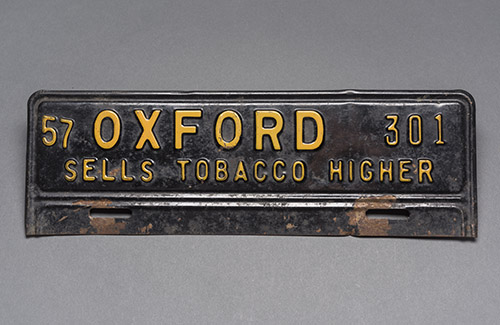“Roger’s long torturous season [1961, in which he hit a record 61 homers] was over…He had committed to a traveling, postseason home-run-derby exhibition that also featured Harmon Killebrew and Jim Gentile…. He had a miserable experience. Again, the press was at the heart of his problems. Gentile recalls:
” ‘We went to Wilson, Raleigh-Durham, Greensboro and a couple of other places…. After spending a whole season being given a hard time by hostile reporters in New York, having a bunch of new writers on his back was tough for him. He told them, “If I had known that you were going to ask me the same old questions, I would have brought a tape with me.”
” ‘In Wilson we had a real nice crowd, but then what Roger said wound up in the papers and it cut us down a little. They didn’t write anything nice about us after that ….
” ‘Poor Roger couldn’t go anywhere. He’d step out of the hotel and people were chasing him… I thought of Roger when I saw what happened to the Beatles.’ ”
— From “Roger Maris: Baseball’s Reluctant Hero” by Tom Clavin and Danny Peary (2010)
Maris died in 1985. Killebrew, whose only minor league experience came with the Charlotte Hornets in 1956, died last week. Gentile, 76, lives in Edmond, Okla.

